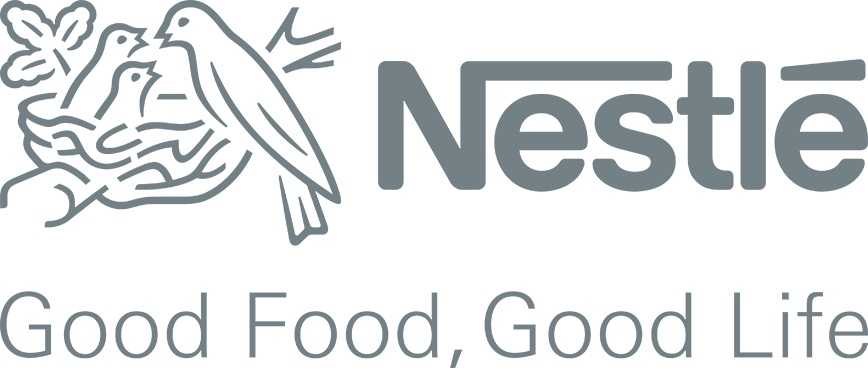VEVEY, Switzerland – Nestlé published on Tuesday its Annual Report for 2019. The Annual Report contains Nestlé’s Annual Review including Creating Shared Value highlights. It also contains the Corporate Governance & Compensation Reports and the Financial Statements, which were first published on February 13, 2020, and remain unchanged.
Nestlé saw strong progress in 2019, with significant improvements in key operating and financial metrics. Organic growth reached 3.5%, fully in line with guidance. Profitability improved again as the underlying trading operating profit (UTOP) margin increased by 60 basis points to 17.6%, reaching the mid-term target announced in 2017 one year ahead of plan.
Cash flow in 2019 was strong, while underlying earnings per share and returns to shareholders reached record levels. The Board proposes a dividend increase of 25 centimes, marking 25 consecutive years of dividend growth. In total, CHF 16.9 billion was returned to shareholders in 2019 through a combination of dividend and share buybacks.
Innovation continues to give Nestlé a competitive advantage. In order to keep pace with rapidly-changing consumer preferences, the company has changed its approach to innovation. It has made processes quicker, enhanced rapid prototyping and created accelerators. The company funded 50 additional fast-track innovation projects leading to product launches within 6 to 12 months. It has significantly reduced the average duration of centrally-led research and innovation projects. Nestlé’s innovation strength remains rooted in its scientific expertise and the ability to leverage research findings across different product categories.
Alongside a strong innovation engine, digitalization is a key ingredient to continued business success. Digitalization touches on all aspects of Nestlé’s business, from supply chain management to production to marketing and sales. In 2019, e-commerce sales grew by 18.5% to account for 8.5% of total sales, firmly establishing Nestlé at the leading edge of the food and beverage industry.
The company is moving to connect with consumers in a relevant and personalized way. In 2019, 20% of all consumer contacts with Nestlé were personalized. The objective is to reach 40% by the end of 2020. Nestlé has also built a network of more than 25 e-content studios. These studios create impactful and locally relevant content with speed and efficiency, producing market- and consumer-specific communication materials in less than 48 hours.
Nestlé is also transforming operations by further digitalizing its supply chains and manufacturing. The goal is to create a competitive edge through data, artificial intelligence, automation and predictive analytics. For example, at the end of 2019, 100 Nestlé factories were equipped with ‘collaborative robots’ that interact with humans in a shared space or work safely in close proximity.
In 2019, Nestlé also continued to demonstrate that business can be a force for good, making a real contribution to society and helping to find solutions to global challenges.
Tackling climate change is critical for society and for ensuring the continued success of Nestlé’s business. Nestlé accelerated its climate change efforts to transition to a low-carbon economy, with a pledge to achieve zero net greenhouse gas emissions by 2050. As most of Nestlé’s carbon footprint relates to its sourcing of raw materials, Nestlé will support its farmers and develop a series of initiatives in agriculture.
Moreover, Nestlé adopted the Taskforce on Climate-related Financial Disclosures (TCFD) recommendations. The company will continue to work with others to mitigate and adapt to risks associated with climate change.
Nestlé also continued to work towards a waste-free future. The company inaugurated its Institute of Packaging Sciences, dedicated to the discovery and development of functional, safe and environmentally-friendly packaging solutions. Nestlé deployed more sustainable packaging across its product portfolio. This included launching innovative paper packaging materials, increasing the use of recycled plastic in its water brands and introducing new bulk delivery systems. It also engaged in initiatives to support local recycling infrastructure and community-based waste management systems.
Nestlé’s 2019 Annual Report is available for download at this link.


















